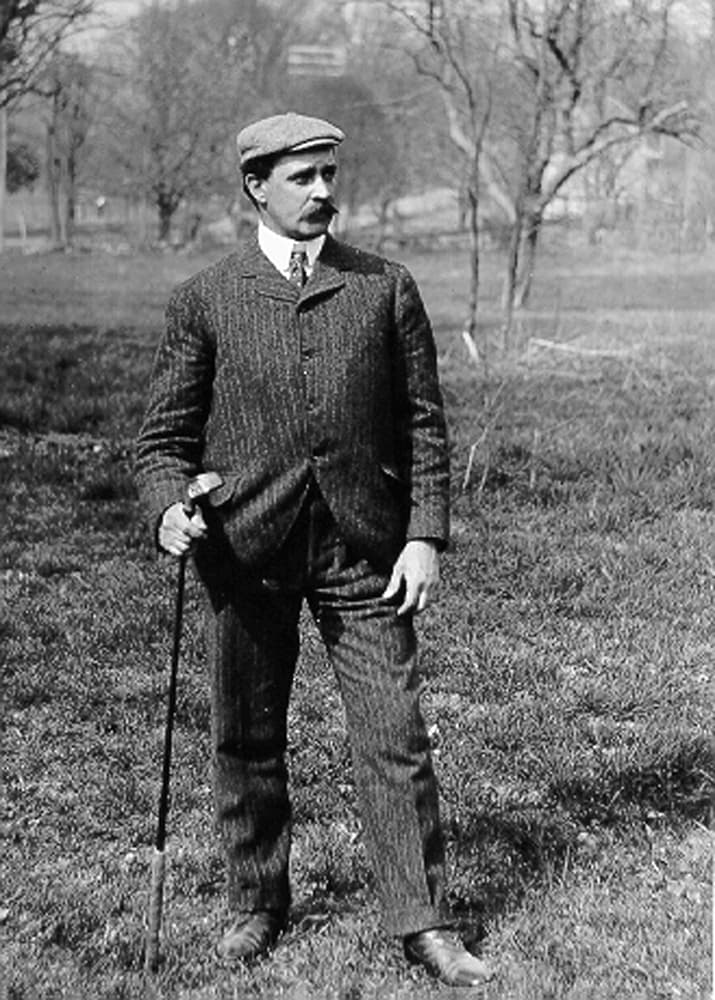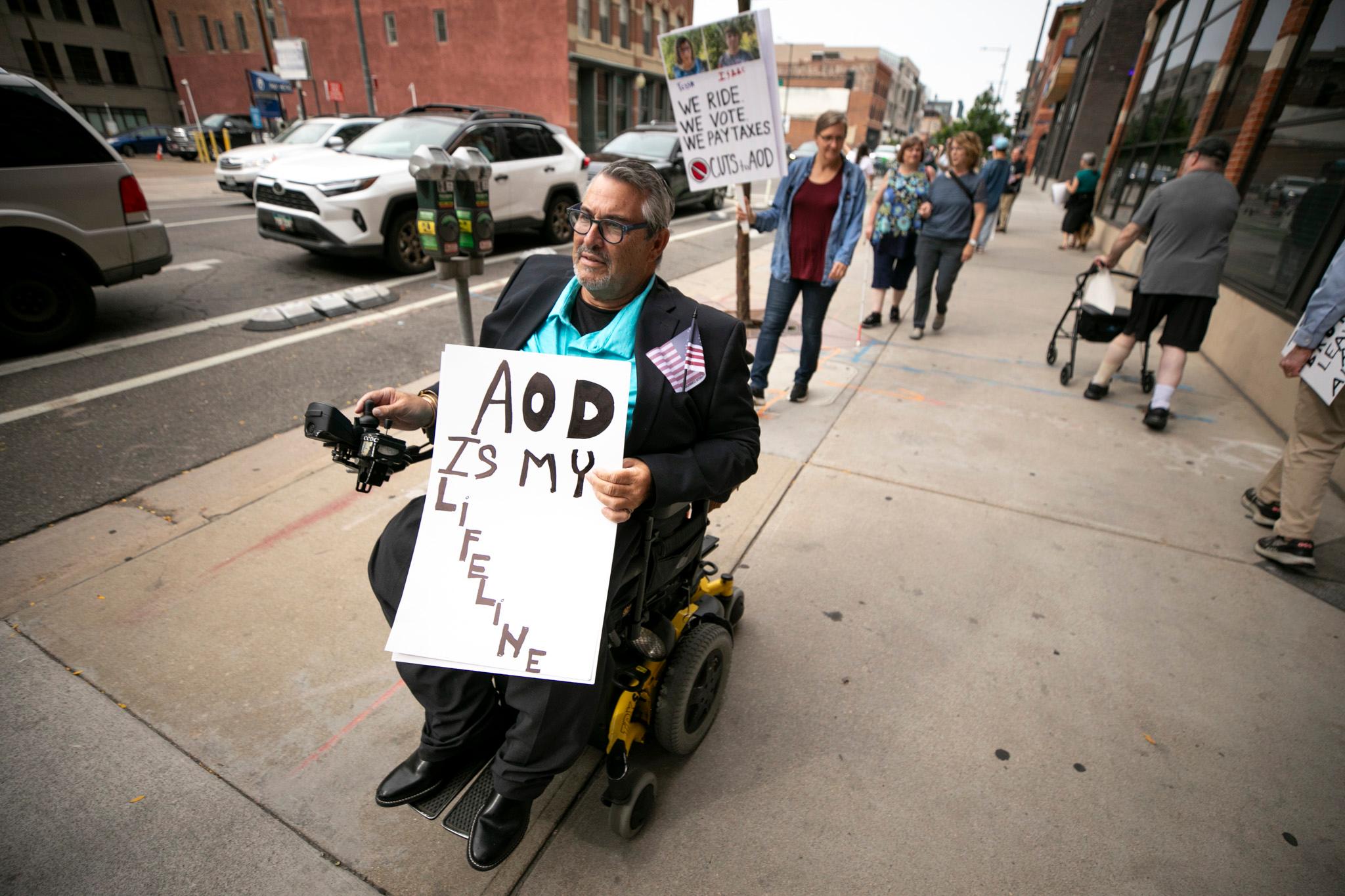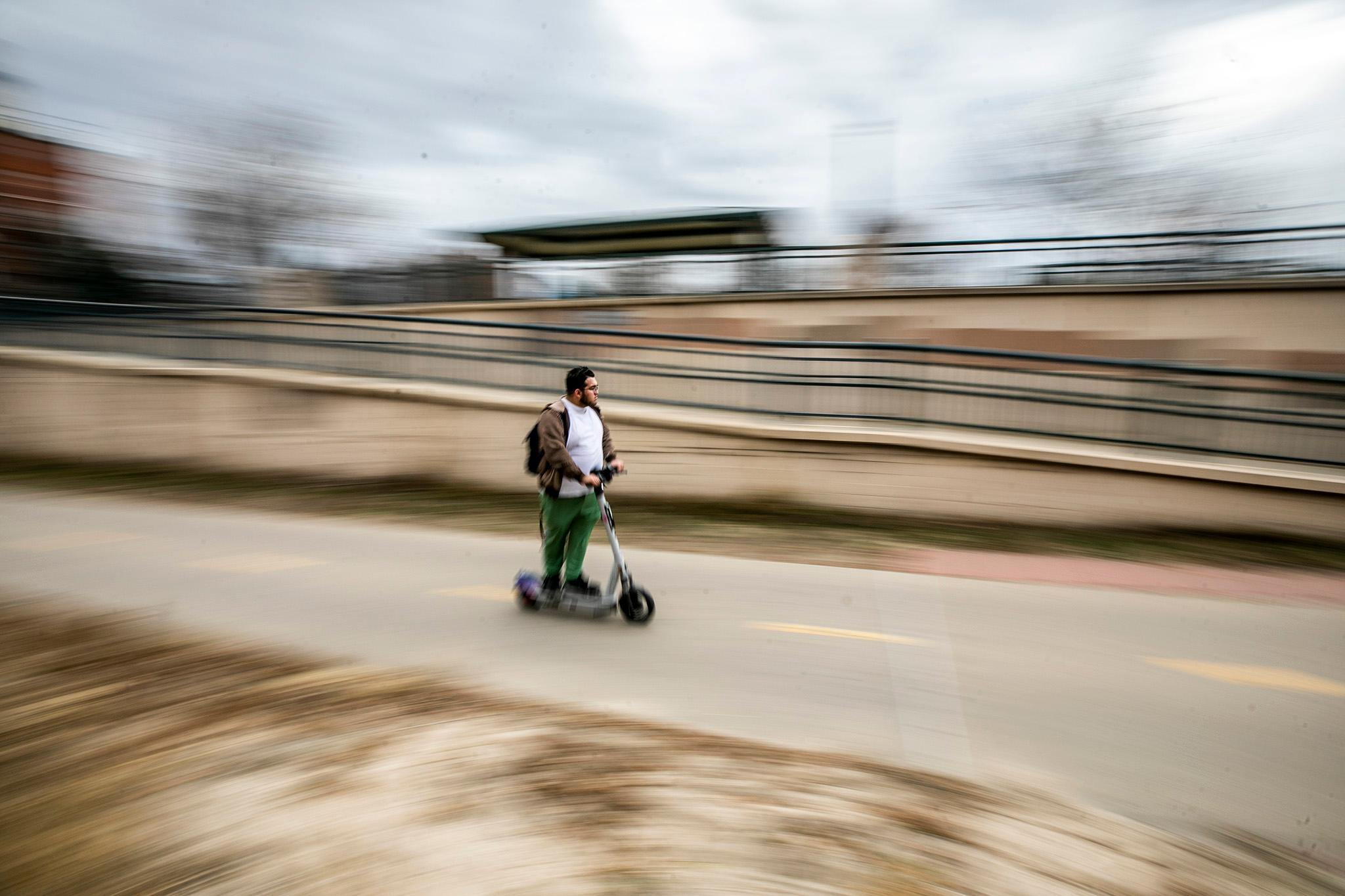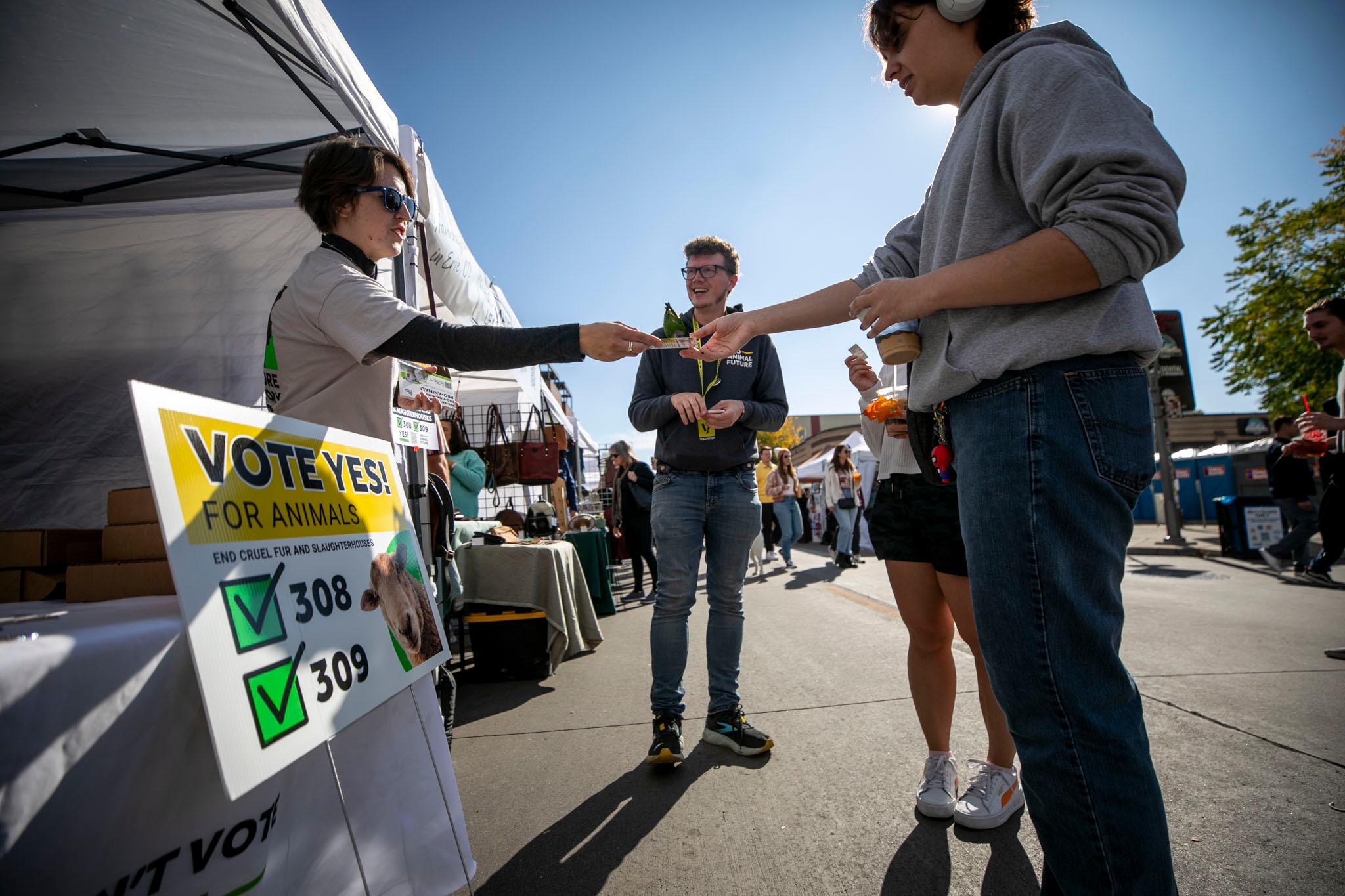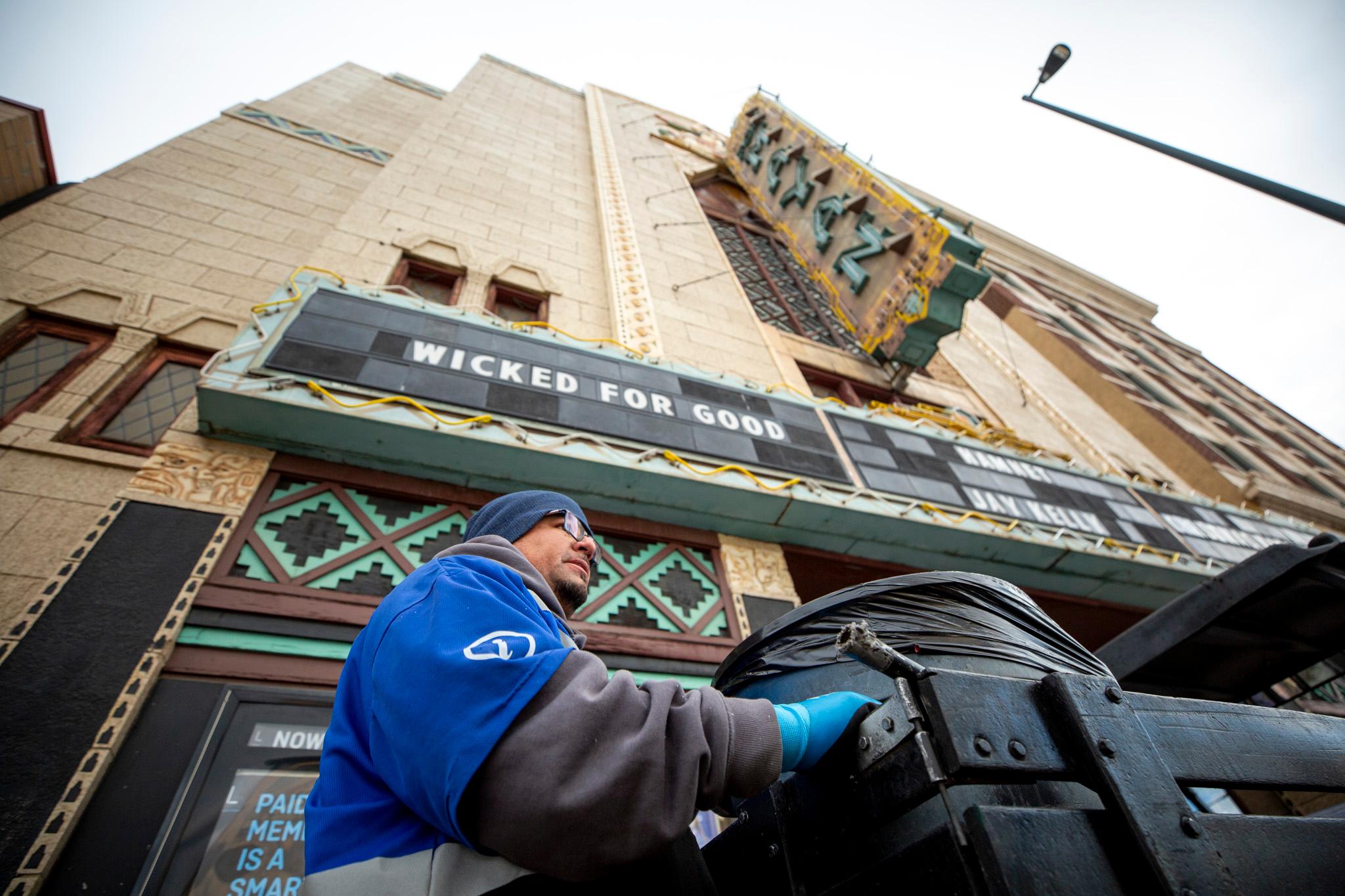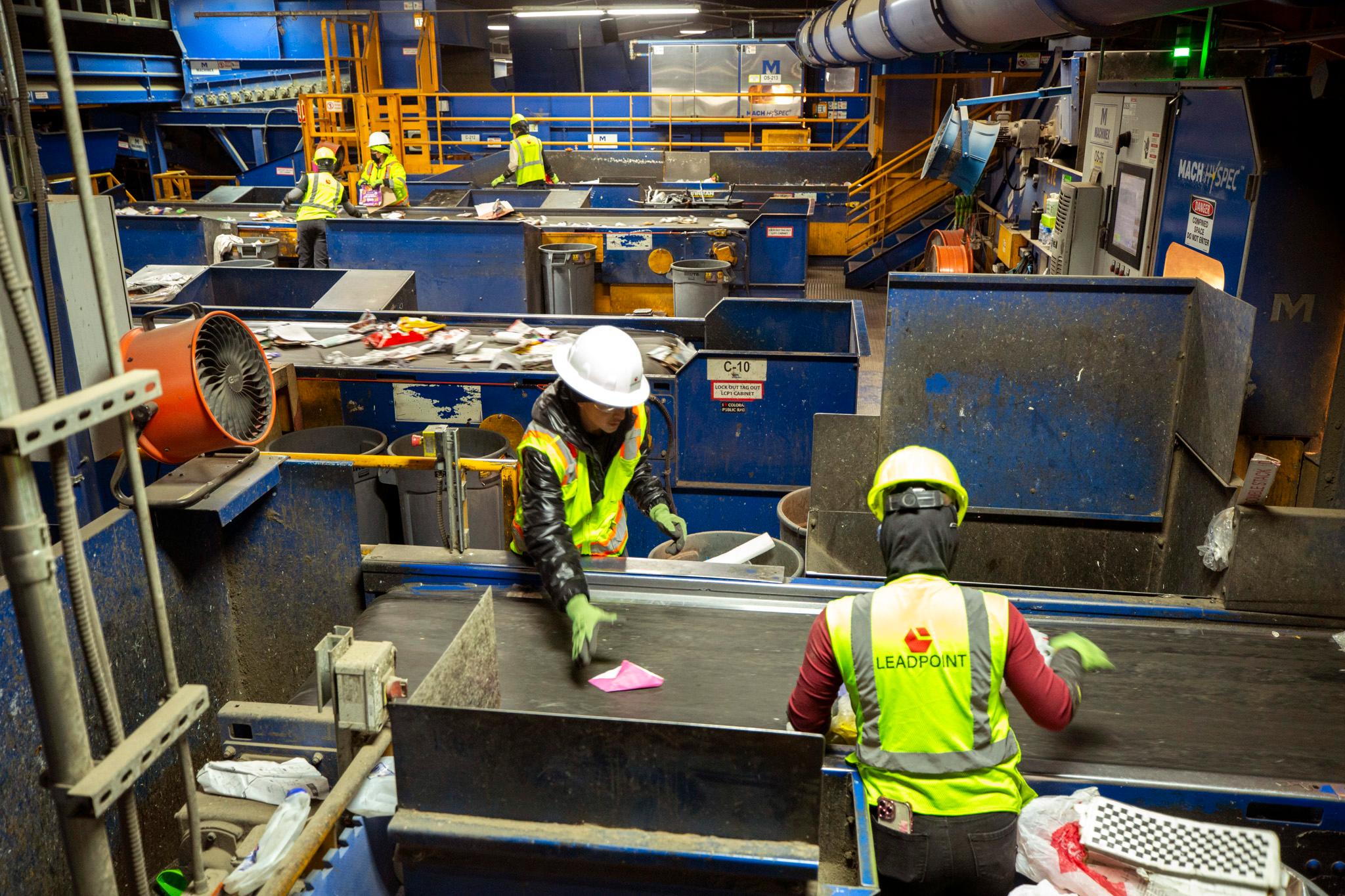
The city of Denver is ready to start rebuilding City Park Golf Course as part of a controversial flood-control project starting on Nov. 1. A judge in district court has refused to stop the project.
The plan:
The city is working on a $300 million flood-control project called Platte to Park Hill. It will keep floodwater out of the new Interstate 70 project, which some people hate, and it also will serve as a backbone to reduce flooding in other parts of northeast Denver.
Part of the plan is to rebuild practically all of City Park Golf Course at a cost of about $40 million, according to city staff. It will remain a golf course, but it will be rearranged so that part of it can fill up with water during heavy storms. See full details of the plan here.
Various parts of the plan have upset people, including the removal of some of the course's mature trees, the general disruption, and the fact that it's part of a larger, controversial project.

The lawsuit:
A group of plaintiffs argued that the city was unfairly using money from Denver utility customers to pay for a project that would really benefit I-70, the National Western Center and private landowners. Opponents also have asked whether the city is allowed to use park land for flood control.
The lawsuit included questions about the destruction of some of the course's mature trees, too. About 260 trees will be removed for the project. The city plans to replant about 600 to 700 trees on the course, which should replace the lost canopy in about 10 years, according to staff.
Denver District Court Judge David Goldberg agreed in a ruling today that while the city was taking a "thoughtful approach," the removal of the mature trees would be "materially detrimental to the habitat and the neighborhood" and could take decades to heal.
The judge also agreed that the renovation could change the "historic character" of the course.
However, the judge found no issue with the fact that the project would benefit the Interstate 70 expansion, and he found that flood control could indeed count as a "park purpose." He refused to temporarily or permanently order a halt to the project.
What's next:
Construction and removal of the trees is scheduled to start Nov. 1. Meanwhile, the plaintiffs will consider appealing the decision.
"To ensure that Denver’s parks are protected in the future, we may need new laws or new elected officials," attorney Aaron Goldhamer said in a news release.
The city, unsurprisingly, is happy.
"As the City showed during the trial, harmonizing stormwater
Meanwhile, other lawsuits against the Interstate 70 project are underway. Check out Erica's explainer for more.
This post was updated with more current information about the number of trees to be removed.
